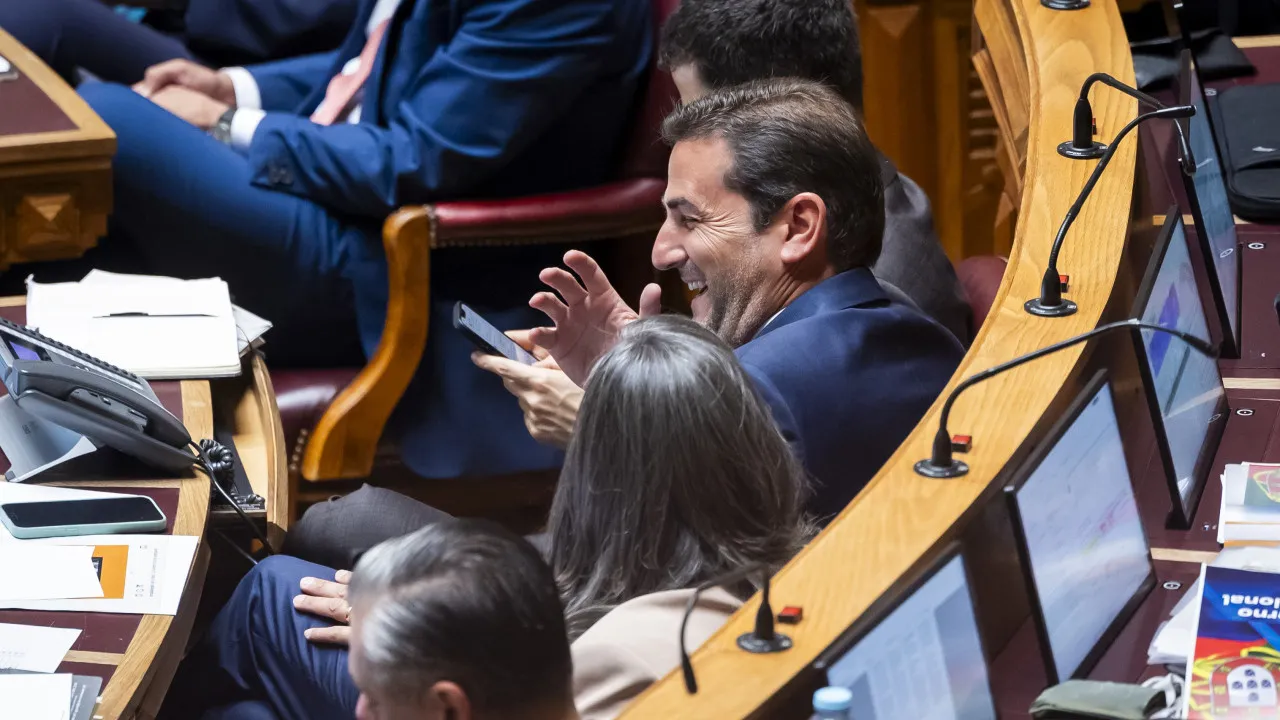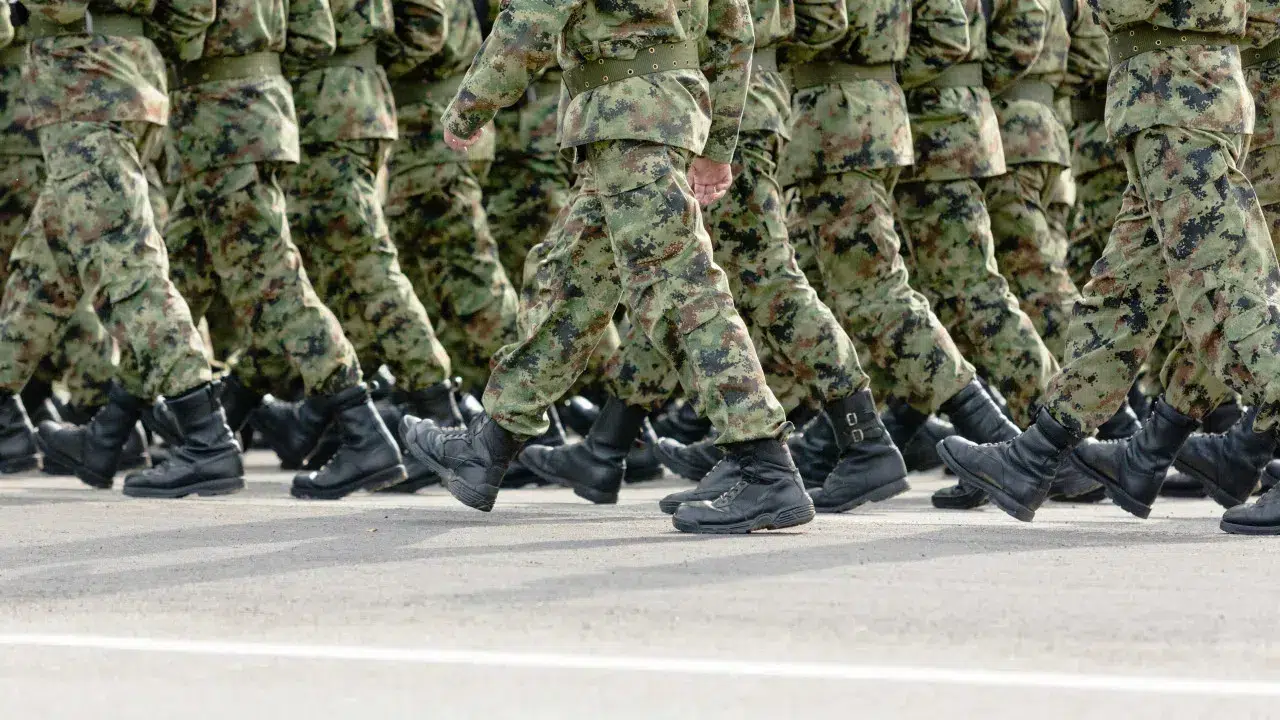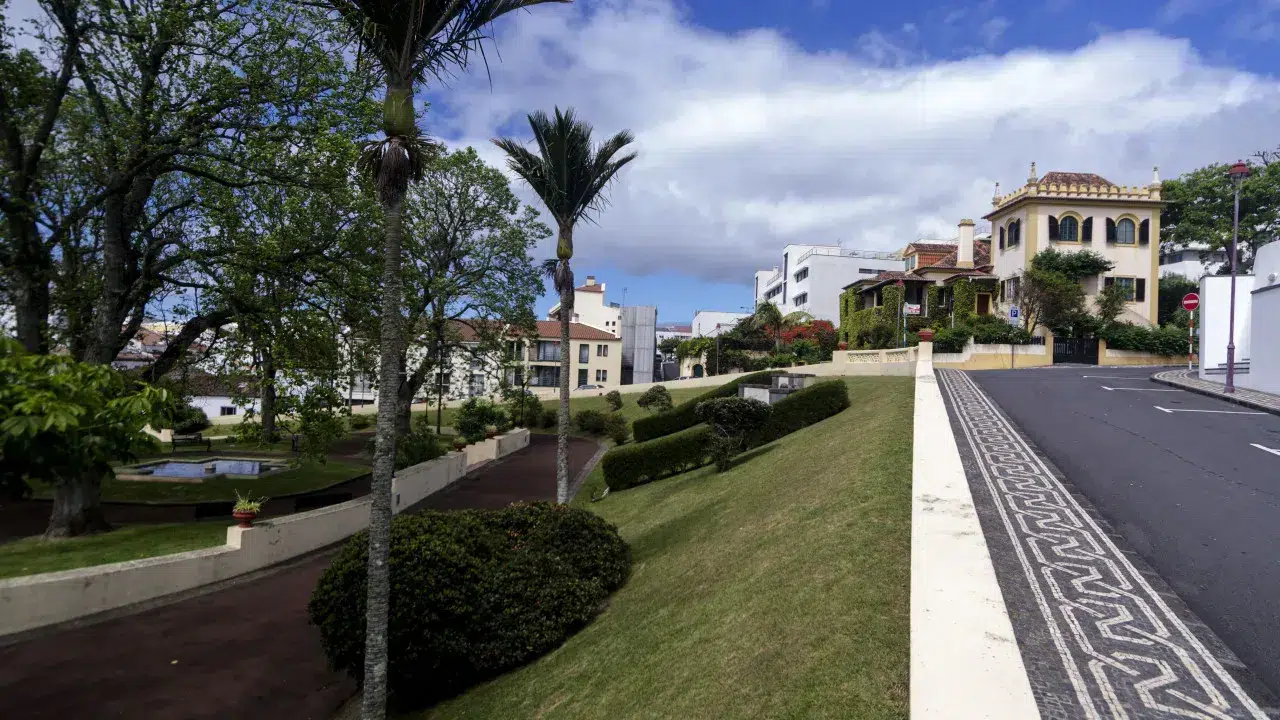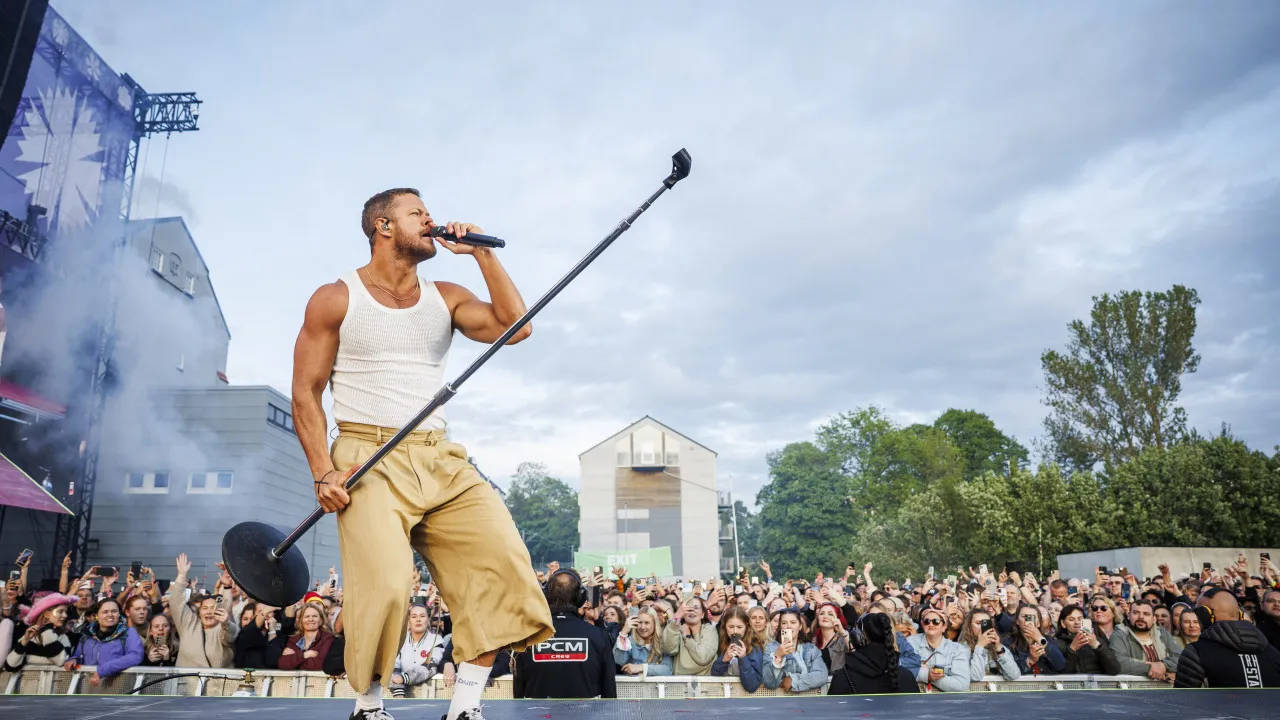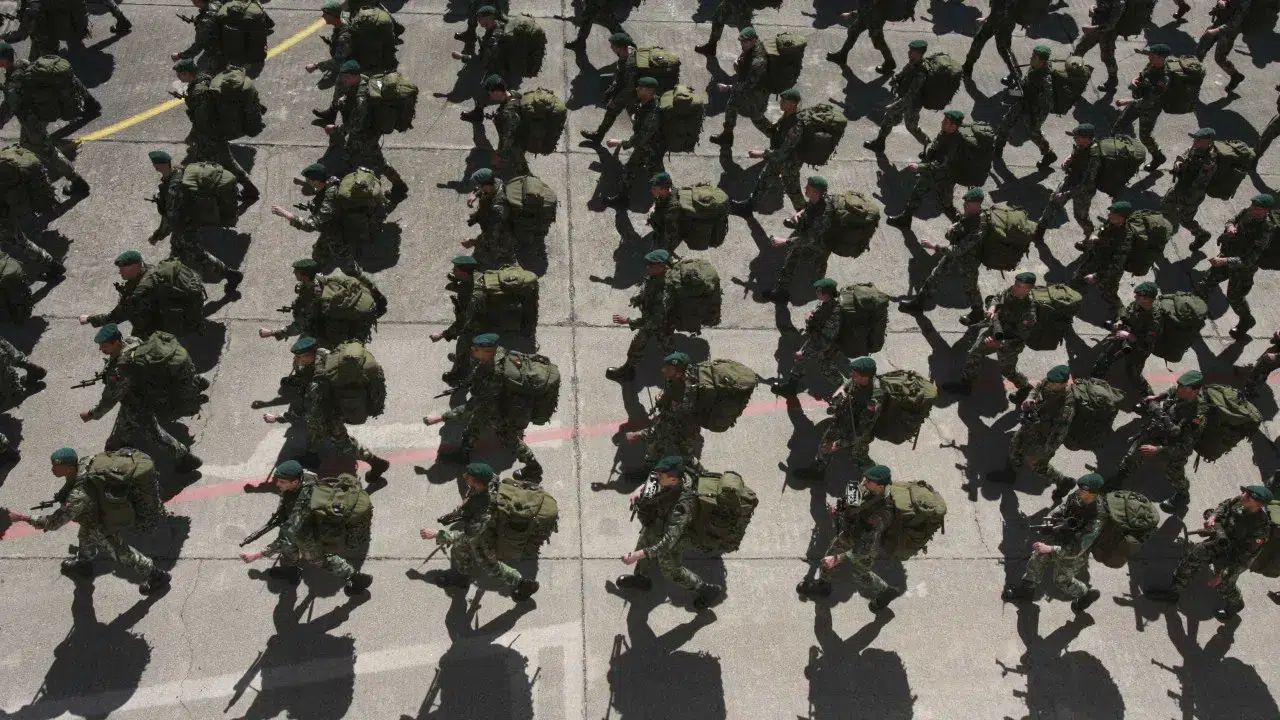
“In the case of Portugal and some other allies (namely Spain or Italy), reaching 5% of GDP will be difficult, considering domestic policy and the lack of consensus among the main political parties or the current levels of debt and budget deficits,” emphasized Jamie Shea, a senior fellow for Peace, Security and Defense at the “Friends of Europe” think tank, in statements to the Lusa agency.
The NATO summit is taking place this week in The Hague, Netherlands, and NATO Secretary-General Mark Rutte has announced he will propose that allies increase military spending to 5% of GDP: 3.5% for “pure” Defense spending (Armed Forces, equipment, and training) and 1.5% on investments such as infrastructure and industry.
The Portuguese government committed to reaching 2% this year, after initially targeting this goal for 2029.
Jamie Shea highlighted that, to achieve this objective, Europe’s economic growth will be crucial.
“The commitment to 5% may very well have the same fate as the 2% commitments, where some allies meet the goal (including through ‘creative accounting’) while others fall short. After all, it is a political commitment and not a legally binding one,” he noted.
Henrique Burnay, from Eupportunity, a Portuguese consulting company in European affairs, when questioned about whether the 5% target is feasible for Portugal, argued that “it would be wise for the country to first ask” what is needed to increase its share in European and national Defense and security.
“How much does this cost us? Of all this, how much is a priority and structural? Then we would answer that question. The most worrying is if we make expenditures without a rigorous priority criterion and creative accounting of investments,” he warned.
In an interview with Lusa, the Minister of State and Finance, Joaquim Miranda Sarmento, indicated that Portugal will follow NATO’s spending concept but will “identify if there are some expenditures that already exist in other ministries […] and that are not currently being recorded,” citing expenses with the GNR as an example.
Tiago Antunes, former Portuguese Secretary of State for European Affairs and member of the European Council on Foreign Relations (ECFR), an international think tank, recalled that the Government had committed to gradually reaching the 2% target by 2029 and that moving this to this year can only be achieved “by adjusting the perimeter of the considered expenses.”
The former government official noted, however, that it is necessary to see “beyond the numbers” and have a “more qualitative than quantitative” view, looking at the current capabilities of member countries and their interoperability.
Ricardo Borges de Castro, an analyst and columnist specializing in European Affairs, argued that countries like Portugal, Spain, Belgium, or Canada, which have not yet reached the 2% of GDP, will face a “massive effort” to meet the new targets.
“I would say that the pressure to spend a lot and quickly will continue as long as Donald Trump is president, I think there is no escape from this,” he stressed.
However, the analyst emphasized the importance of NATO members investing in greater interoperability of equipment, standardizing tank models, frigates, aircraft or weaponry, and in military mobility projects, which include infrastructure ranging from railways to roads or digital communications that can have both military and civilian use.
In the Portuguese case, the four experts agreed that Portugal can have a significant contribution concerning its maritime capabilities.
“Even with land defense in Eastern Europe receiving most of the attention, there is still much for European navies to do: protecting communication lines across the Atlantic, hunting submarines, preventing sabotage of undersea cables and energy pipelines (as currently in the Baltic), and also responding to illegal migration across the seas to Europe or piracy and attacks on commercial vessels (such as in the Red Sea or the Persian Gulf),” highlighted Jamie Shea.

